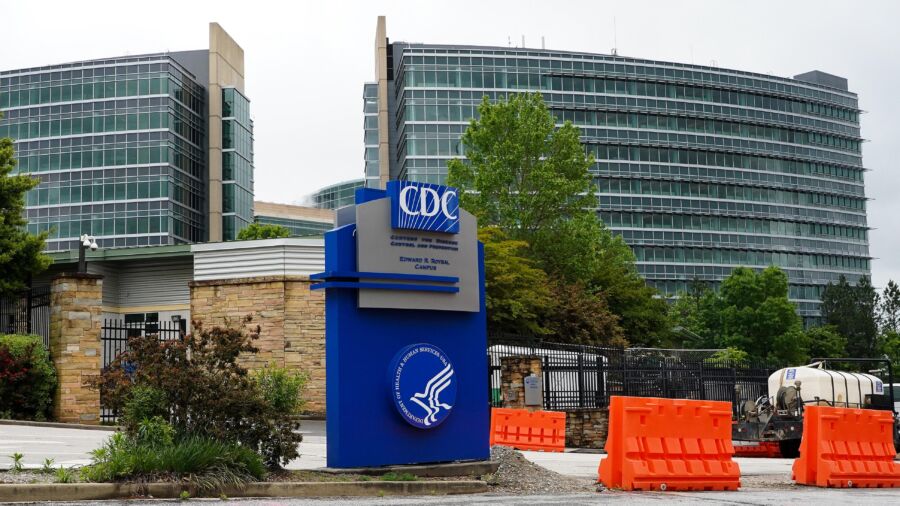The U.S. Centers for Disease Control and Prevention (CDC) on Aug. 3 recommended using a new monoclonal antibody from Sanofi and AstraZeneca to protect infants against respiratory syncytial virus (RSV).
The CDC’s advisory committee voted unanimously to include the nirsevimab antibody drug, called Beyfrotus, in the Vaccines for Children program, which will provide access to Beyfrotus at no cost to eligible children.
“Today, we have turned the corner on the threat of RSV to our youngest, most vulnerable population,” Thomas Triomphe, executive vice president for vaccines at Sanofi, said in a press release.
Infants under 8 months old entering their first RSV season can get one dose of Beyfrotus. It is also recommended for children between 8 and 19 months old who are at increased risk of severe illness and entering their second RSV season.
The CDC said that Beyfrotus is a long-acting monoclonal antibody—man-made proteins that mimic the natural antibodies—which has been proven to reduce the risk of hospitalizations and health care visits for RSV in infants by about 80 percent.
Beyfrotus was first approved by the Food and Drug Administration (FDA) last month to prevent RSV disease in infants. The FDA said the safety and efficacy of Beyfortus were supported by three clinical trials and the results were favorable.
Sanofi stated that “across all clinical endpoints, a single dose of Beyfortus delivered high, consistent and sustained efficacy against RSV lower respiratory tract disease extending through five months.”
“As a long-acting antibody provided directly to newborns and infants as a single dose, Beyfortus offers rapid protection to help prevent lower respiratory tract disease caused by RSV without requiring activation of the immune system,” it stated.
The estimated price of the monoclonal antibody drug is $495 per dose in the private sector. It can be administered as an intramuscular injection using a single-dose pre-filled syringe, according to the CDC.

CDC Director Dr. Mandy Cohen signed off on the recommendations on Thursday. Dr. Cohen said she believes that the new RSV immunization will provide parents with “a powerful tool” to protect their children against the threat of RSV disease.
“As we head into respiratory virus season this fall, it’s important to use these new tools available to help prevent severe RSV illness,” Dr. Cohen said in a statement.
“I encourage parents of infants to talk to their pediatricians about this new immunization and the importance of preventing severe RSV,” she added. The new drug is expected to be available this fall.
RSV is a virus that causes acute respiratory infection in individuals of all age groups. Early symptoms of RSV can include a runny nose, a decrease in appetite, coughing, and wheezing.
While most infants and young children exhibit mild, cold-like symptoms, some infants, especially with their first infection, may develop more serious lower respiratory tract conditions such as pneumonia and bronchiolitis, according to the FDA.
“RSV can cause serious disease in infants and some children and results in a large number of emergency department and physician office visits each year,” John Farley, director of the Office of Infectious Diseases in the FDA’s Center for Drug Evaluation and Research, stated.
More than 58,000 children under the age of 5 in the United States are hospitalized each year owing to RSV, most of whom are infants, and require oxygen and intravenous fluids. About 100 to 300 children below 5 years old die owing to RSV every year, according to the CDC.
RSV is transmitted through close contact with an infected individual. The spread of the virus is seasonal, usually beginning in the fall and peaking in the winter in most regions of the United States.
From The Epoch Times


